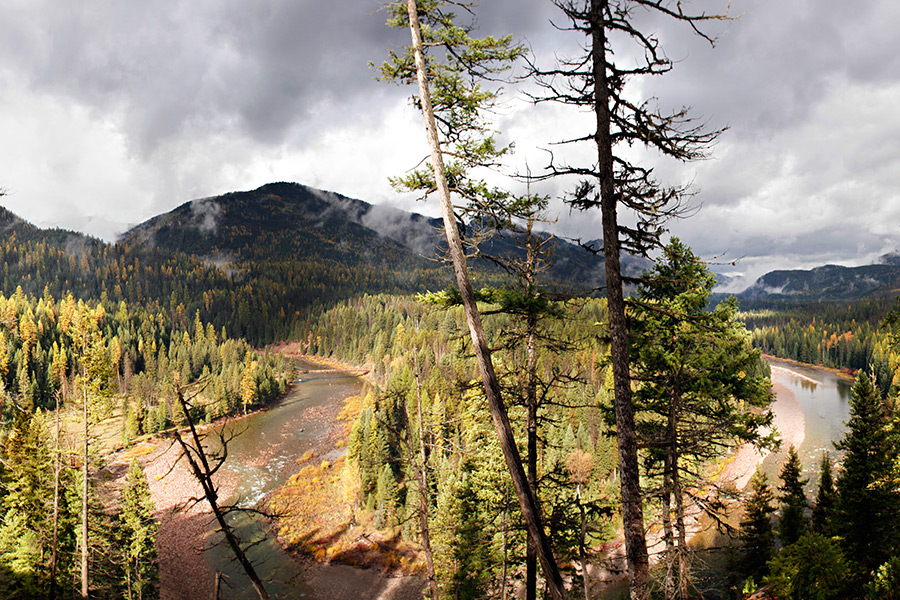An important conservation program could expire in September unless Congress passes legislation to save it.
The Land and Water Conservation Fund was the subject of a U.S. Senate Committee on Energy and Natural Resources hearing last month. The hearing, which included Montana Sen. Steve Daines, comes as both the House and Senate consider passing legislation to permanently extend the fund.
The LWCF was created in 1965 and uses profits from offshore oil and gas developments to fund conservation and land acquisitions across the country. The primary goal of the fund is to protect land and ensure that it is accessible for recreation. It also offers funds to state and local governments to buy and protect land.
While the program has enjoyed overwhelming public support – a bipartisan poll found that 82 percent of voters approve of it – much of the money from offshore oil profits has been redirected in recent years to the government’s general funds, according to the Land and Water Conservation Fund Coalition.
However, some supporters believe the fund should be reformed. In her opening comments during the land and water conservation hearing on April 22, Energy and Natural Resources chairperson Sen. Lisa Murkowski of Alaska said more money should go toward land maintenance as opposed to land acquisition.
“It seems counterintuitive, particularly in Western states with high percentages of public lands, to add more to what we already have – and struggle to properly care for – except perhaps when there is a case to be made that the acquisition would reduce long-term administrative costs,” she said.
Reed Watson, executive director of the Property and Environment Research Center in Bozeman, supported the idea of directing funds toward maintenance. During his testimony on April 22, he noted that the Department of the Interior has a $22 billion maintenance backlog.
“If the federal estate was a house it would have a crumbling driveway, rusting pipes and a leaky roof but the owner of the house keeps expanding it and not maintaining it,” Watson said.
Others who testified at the hearing, which was held on Earth Day, included Department of the Interior Deputy Secretary Michael Connor, National Association of State Park Directors Executive Director Lewis Ledford and Public Policy for the Nature Conservancy Managing Director Lynn Scarlett.
During the hearing, Daines asked about the program and its benefits to Montana. In a statement to the Beacon, the Montana senator said that he supports the LWCF and looks forward to finding ways to reform it and build consensus to get it reauthorized.
There are currently two bills in the Senate to permanently reauthorize the LWCF, one of which has bipartisan support. Montana Sen. Jon Tester has signed on as a co-sponsor for both bills. In the House, Arizona Democrat Rep. Raúl Grijalva and Pennsylvania Republican Rep. Mike Fitzpatrick recently introduced bipartisan legislation as a companion to one of the bills in the Senate.
Montana Rep. Ryan Zinke also supports the program.
“Rather than designating more land as wilderness, we should look at programs that work in Montana, like the Land and Water Conservation Fund and state grants,” Zinke told the Beacon last week. “These are viable options to preserve traditions like multiple uses on our land for anything from recreation to timber harvests. Montana stands to benefit economically when we ensure public access to our federal lands is preserved and maintained.”
